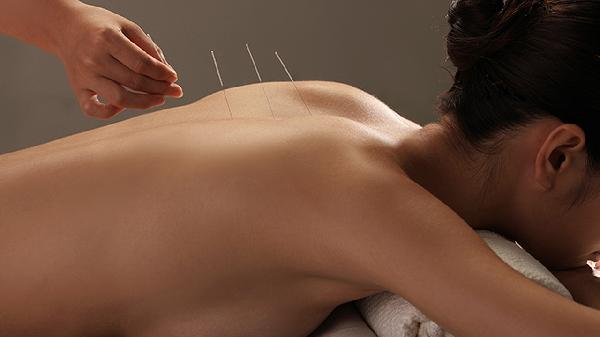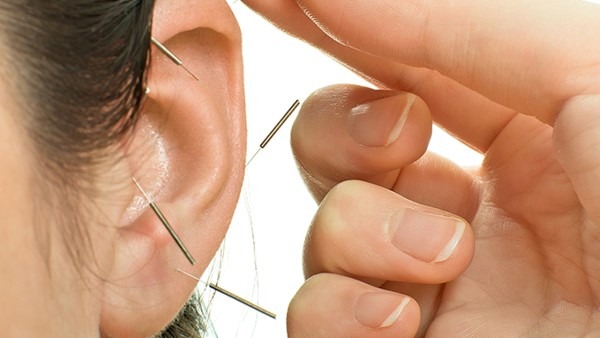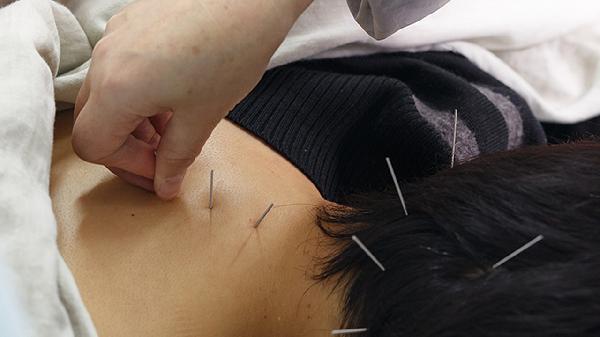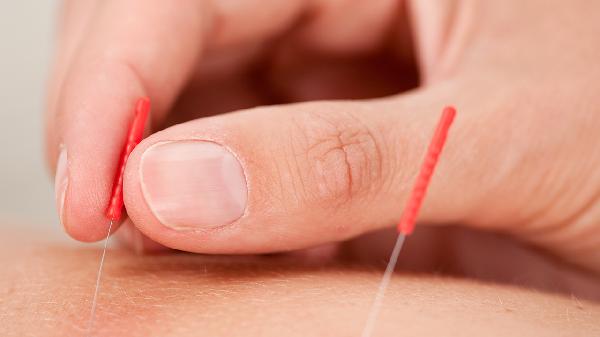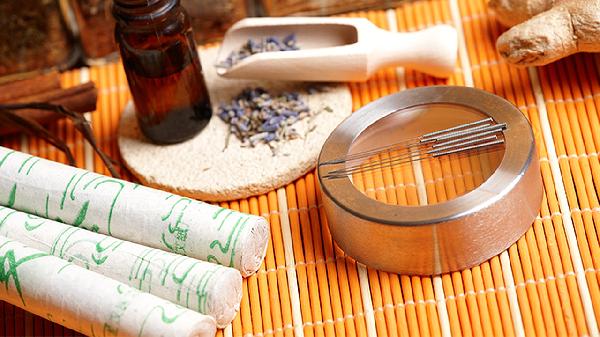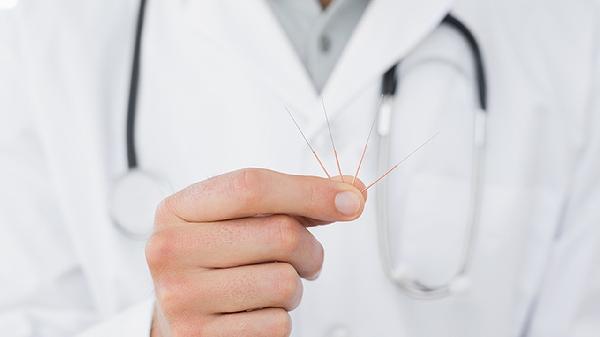Yes, acupuncture can potentially help with tinnitus, though its effectiveness varies from person to person. Tinnitus, characterized by ringing or buzzing in the ears, is a complex condition often linked to underlying issues such as hearing loss, stress, or circulatory problems. Acupuncture, a traditional Chinese medicine practice, aims to restore balance in the body’s energy flow (Qi) and may alleviate symptoms for some individuals. While scientific evidence is mixed, many patients report reduced severity and frequency of tinnitus after acupuncture sessions.
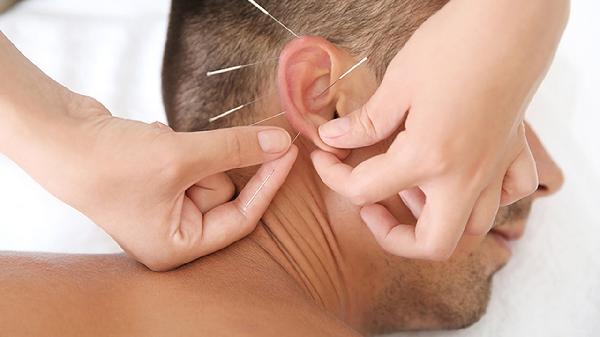
Understanding Tinnitus and Its Causes
Tinnitus is not a disease but a symptom of an underlying condition. It can result from various factors, including age-related hearing loss, exposure to loud noises, ear infections, or even certain medications. Stress and anxiety can exacerbate tinnitus, creating a vicious cycle where the ringing increases stress, and stress worsens the ringing. Understanding the root cause is crucial for determining the most effective treatment approach, including whether acupuncture might be beneficial.
How Acupuncture Works for Tinnitus
Acupuncture involves inserting thin needles into specific points on the body to stimulate energy flow and promote healing. For tinnitus, practitioners often target points related to the ears, kidneys, and liver, as these are believed to influence auditory health in traditional Chinese medicine. By improving blood circulation and reducing stress, acupuncture may help alleviate tinnitus symptoms. Additionally, acupuncture’s calming effects can reduce anxiety, which is often a contributing factor to tinnitus.
Scientific Evidence on Acupuncture for Tinnitus
Research on acupuncture’s effectiveness for tinnitus has produced mixed results. Some studies suggest that acupuncture can reduce the severity of symptoms, particularly when stress or poor circulation is a contributing factor. However, other studies have found no significant difference between acupuncture and placebo treatments. The variability in outcomes may be due to differences in the underlying causes of tinnitus, the skill of the acupuncturist, and individual responses to treatment. While more rigorous studies are needed, many patients find acupuncture to be a helpful complementary therapy.
What to Expect During an Acupuncture Session
During an acupuncture session for tinnitus, the practitioner will first assess your overall health and the specific characteristics of your tinnitus. They will then insert needles into selected points, which may include areas around the ears, hands, feet, and head. The needles are typically left in place for 15 to 30 minutes while you relax. Most people find the process painless and even soothing. Some may experience immediate relief, while others may require multiple sessions to notice improvements.
Complementary Therapies to Enhance Results
While acupuncture can be beneficial, combining it with other therapies may enhance its effectiveness. Sound therapy, which uses white noise or nature sounds to mask tinnitus, can provide immediate relief. Cognitive-behavioral therapy (CBT) helps patients manage the emotional impact of tinnitus and reduce stress. Lifestyle changes, such as reducing caffeine and alcohol intake, improving sleep hygiene, and practicing relaxation techniques like yoga or meditation, can also support overall well-being and reduce tinnitus severity.
Potential Risks and Considerations
Acupuncture is generally considered safe when performed by a licensed practitioner. However, it’s essential to consult with a healthcare provider before starting treatment, especially if you have a medical condition or are taking medications. Some people may experience mild side effects, such as bruising, soreness, or dizziness, though these are usually temporary. It’s also important to manage expectations, as acupuncture may not work for everyone, and results can vary.
When to Seek Professional Help
If tinnitus persists or worsens, it’s crucial to seek professional help from an audiologist or ear, nose, and throat (ENT) specialist. They can conduct a thorough evaluation to identify the underlying cause and recommend appropriate treatments. Acupuncture can be a valuable part of a comprehensive treatment plan, but it should not replace medical care for serious conditions.
A Holistic Approach to Managing Tinnitus
Managing tinnitus often requires a holistic approach that addresses both the physical and emotional aspects of the condition. Acupuncture can play a role in this by promoting relaxation, improving circulation, and reducing stress. Combining acupuncture with other therapies, lifestyle changes, and professional medical care can create a well-rounded strategy to manage tinnitus effectively.
Conclusion: A Path to Relief and Well-Being
While acupuncture may not be a cure for tinnitus, it offers a potential path to relief for many individuals. By addressing the body’s energy flow and reducing stress, acupuncture can help alleviate symptoms and improve quality of life. If you’re considering acupuncture, consult with a licensed practitioner and explore complementary therapies to enhance your results. Remember, managing tinnitus is a journey, and finding the right combination of treatments can lead to meaningful improvements in your well-being.
